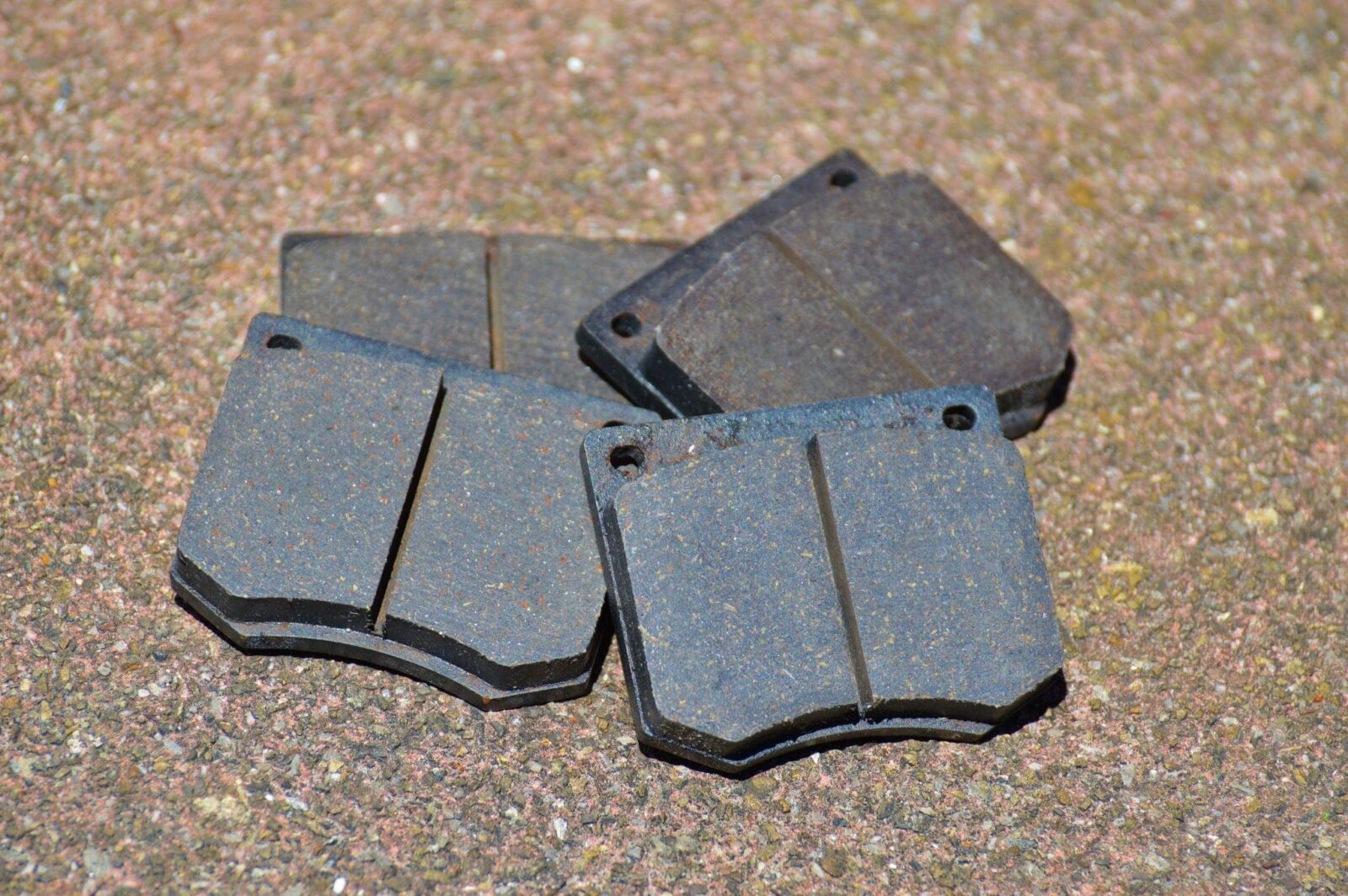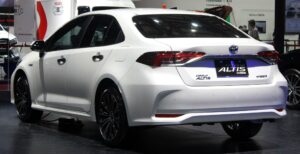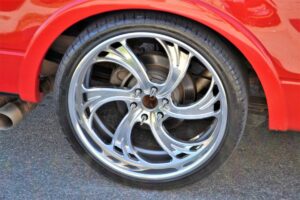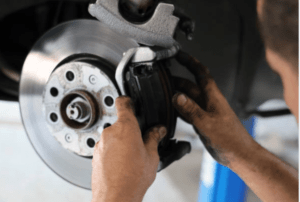Brakes are one of the most important safety features in your vehicle. If they fail, you’re in serious trouble. It can happen to anyone, and there are many reasons why it might happen. Here are the five most common causes of brake failure and some insights into why they happen.
Outline:
- Cause No. 1 – Low Fluid
- Cause No. 2 – Air in the lines
- Cause No. 3 – Brake pad wear
- Cause No. 4 – Excessively worn rotors
- Cause No. 5 – Caliper issues
- Brake Repair in Ventura, CA
Brake failures are a fact of life for every vehicle on the road. Even though you take steps to prevent it, there will come a time when the brakes on your car will give out and you’ll need to pull over and inspect the problem.
If you don’t know what to do, this can lead to even bigger headaches such as breakdowns and other costly repairs. But if you know what to expect when your brakes start failing and what you should do about it, then you can help save yourself money in the long run by getting your brakes repaired before they become a major problem.
Cause No. 1 – Low fluid level
Low brake fluid is a common cause of brake failure. If there’s not enough fluid, then the master cylinder can’t transfer pressure from the brake pedal to your wheel cylinders. This means you won’t be able to stop your car even if you press down on your feet.
The most common reason for low brake fluid is not topping off your reservoir when you fill up at the gas station or forgetting to top it off when it gets low. However, if you have been driving in wet or muddy conditions, then it may be time for new rotors and pads because they will wear away faster than usual in these conditions and use up more fluid than usual too.
If you notice that the brakes feel spongy or soft, it could mean that there’s not enough fluid in them. This is usually most noticeable when you’re driving on a long downhill or going through a series of sharp turns on a winding road.
Brake fluids manufacturers typically recommend changing the brake fluid every 60000 km or 18 months, whichever comes first. So if you haven’t changed your brake fluid in that time, it’s probably time to do so. If you’ve never changed your brake fluid before, it’s best if you take your car to a mechanic for a professional brake service and inspection.
Cause No. 2 – Air in the lines
Having air in the lines is another common cause of brake failure. Air bubbles can form when fluid is pushed into a line and then cools down. This leads to air pockets that can block fluid flow.
The steering system is also prone to this kind of problem. If you notice your brake squeaking or making an unusual noise or vibration when you turn the wheel, it could be a sign of air in the system.
If you have air in your brakes, you may notice that it takes longer to stop than usual. You may have trouble getting your car started after sitting for a long time (or at all) because of the extra pressure needed to compress the air in your brake lines.
Air bubbles can also form when fluid leaks out of your brakes or bleeds back into them when you apply pressure to stop or start moving again. The bubbles are carried along with the fluid as it flows through your brake lines, but as soon as it stops flowing, they will float up and become trapped at various points in your system — including where they meet valves or pistons — causing them to stick open until they are manually reset (by pushing down on them).

https://pxhere.com/en/photo/1408230?utm_content=shareClip&utm_medium=referral&utm_source=pxhere
Cause No. 3 – Brake pad wear
Brake pad wear is another common cause of brake failure. The pads will wear out and the brakes will no longer work. In some cases, it can even lead to an accident. If you are driving a car and you feel that the pedal is not as firm as it used to be, it could be time for new brake pads. Brake pads wear out over time, so replacing them periodically is important for safety.
Brake pads are made up of a metal backing and friction material on top. When you step on your brakes, the metal backing pushes on the friction material and causes it to grip onto the brake rotor. This slows down your vehicle or makes you stop altogether.
One obvious sign of worn-out brake pads is when there is a lot of noise when you step on your brakes. Another sign is when it takes longer than usual to stop, or it feels like your car is dragging.
Cause No. 4 – Excessively worn rotors
Excessively worn rotors can also cause brake failure. When your brakes are applied, the pads make contact with both sides of the rotor. As the pads wear down, they begin to rub against only one side of the rotor. This causes uneven wear on your rotors — which can lead to warping and cracking. To prevent this from happening, make sure you have regular brake inspections done by a professional inspector.
Inspecting your rotors is a good idea if you notice any grinding or pulsation when braking. Grinding or pulsation may indicate worn-out or warped rotors that need to be replaced. The best way to inspect your rotors is by jacking up your car and removing one of the wheels so you can see how well the rotor turns when you spin it by hand. If there is any play in the rotor when you spin it, then it probably needs replacing or resurfacing. You should also check for cracks in the rotor because cracks can cause poor braking performance and could lead to failure.
Cause No. 5 – Caliper issues
Brake calipers are basically a piston that squeezes against the rotor when you apply the brakes. They’re attached to the brake pads by a bracket and clamping bolt. When you press down on the pedal, fluid flows through the lines, pushing out pistons in each caliper and forcing them against their respective pad. The pads then squeeze against the rotors, slowing or stopping your vehicle.
Brake Repair in Ventura, CA
Brake failure is a serious issue and one that can be hard to diagnose if you don’t know what you’re looking for.
Oftentimes, the simplest answer is the best one, so pay attention to your vehicle’s warning signs and get it looked at as soon as possible if something seems off.
If you’re not sure where to start, call us at Dependable Car Care. ASE-certified car repair shop based in Los Angeles Drive, Ventura CA. We’ll help you get your car back on the road in no time. We offer 24/7 emergency brake repair services, so if you’re in need of immediate service, give us a call today.




